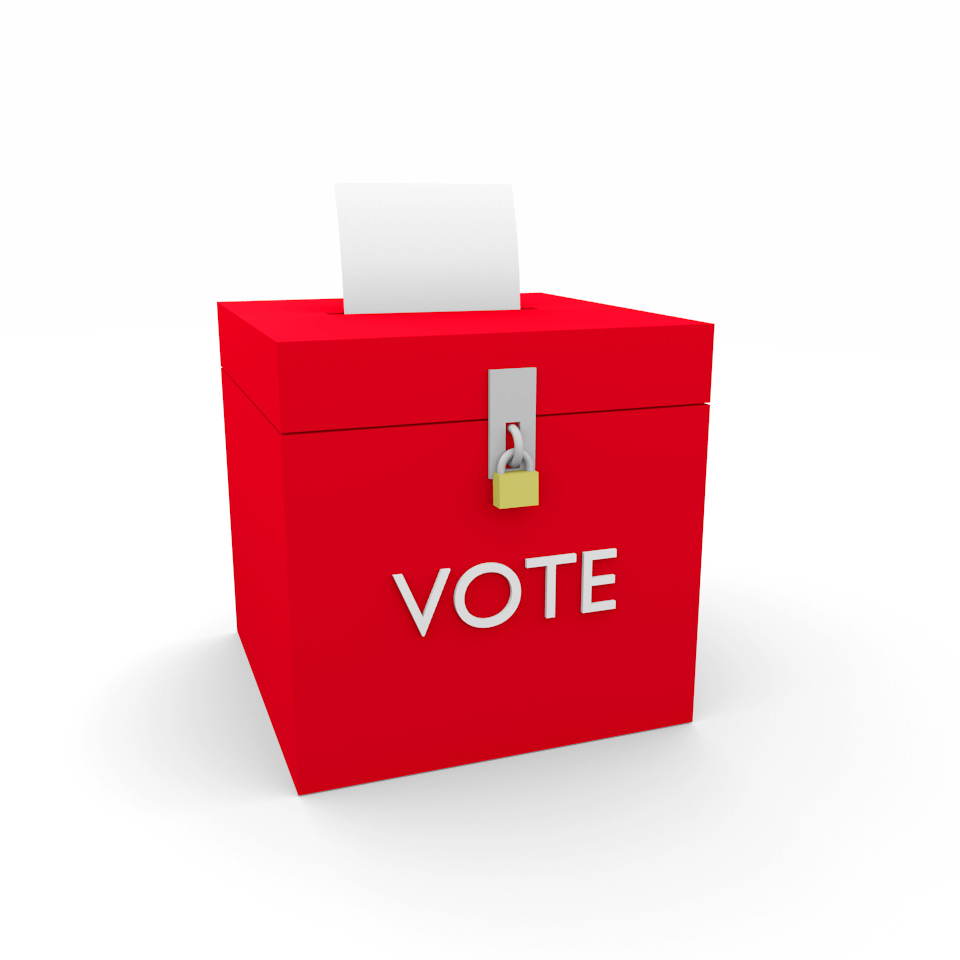“Partisan politics and party loyalty”
October 16As Canadians head to the polls in a federal election, Alvin Ma, 24, a Commonwealth Correspondent from Canada, looks at the role of partisan campaign tactics.
“I usually hate queues, but this is the only time I don’t mind lining up.”
This quote from the person standing next to me in line reflects the sentiment of many voters at the community recreation centre. I lined up for an hour to vote at an advanced polling booth, trusting that my preferred candidate won’t be forced to step aside in the remaining days of the election campaign due to scandals that have plagued many other candidates.
It’s a long federal election campaign in Canada, which allows plenty of time to dig up obscure quotations in an effort to dissuade voters from choosing rival candidates. While I make an effort to be careful with my words, I’ve voiced a ton of opinions where I’d personally look back years later and shake my head. I’m quite wary of launching any sort of ad hominem attack in general, let alone attack stances taken years ago that have since evolved. I proudly welcome “flip-flopping” in light of new evidence rather than “principled” politics that resists compromise and change.
An extreme partisan example I recently saw involves a loyal supporter of one party attacking a newspaper ad placed 80 years ago by a rival party that still exists today. In this newspaper ad before the October 1935 election, the Liberal Party made clear that it opposed the right to vote for “Orientals” (a word that has fallen out of favour in describing those of East Asian heritage). The first Canadian Member of Parliament of Asian heritage, Douglas Jung, joined the Progressive-Conservative Party due to the troubling past of the Liberal Party. However, the governing Liberal Party 36 Octobers later adopted a multicultural policy for Canada, while those who are opposed to the extent of Canadian multiculturalism are now more likely to support the Conservative Party (the successor to the Progressive-Conservative Party). Organized labour movements, a primary support base for the New Democratic Party and other workers’ parties, also historically opposed East Asian immigration on the xenophobic basis that these workers were undercutting the jobs of white workers.
In the neighbouring United States, the Democratic Party (to which President Barack Obama belongs) less than 50 years ago had numerous white supremacist supporters and the Republican Party 150 years ago had Abraham Lincoln – widely constructed in history as an anti-slavery hero – as President. As I have observed in this election and in studies for my political science degree, it’s very easy for partisan supporters of all political stripes to cherry-pick historical data and ignore political realignments throughout history.
I’d personally like to think of politics as more than just a mud-slinging contest. I don’t think it’s healthy to be loyal to a party on the same level as a devout follower of a religion or a thick-and-thin sports team super-fan, for doing so only leads to polarization of thought and selective listening to like-minded people. I’d like to think of myself as having all kinds of views on everything, with opinions that may change over time.
So how have I changed since casting a ballot for the first time in 2011? The simple answer is that I don’t live in my old riding anymore. By implication, I have travelled extensively and gotten to know more viewpoints from across the political spectrum while trying to be a voice of moderation and diverging from partisanship. For example, I like initiatives that a smaller party has put forward and have voted for these candidates in municipal and provincial politics. I also like the positive energy from supporters of the current Member of Parliament when I pass by his campaign office steps away from my home, despite not choosing to vote for that party.
Ultimately, while I still think that the electoral system needs to change to mixed-member proportional representation (as I have written in 2013), I recognize that Canada is still ranked among the top countries in the Commonwealth in the Democracy Index. I encourage all Canadian readers who can vote to do so. Furthermore, I encourage all international readers and those too young to vote to continue to meaningfully contribute to local and global communities, as civic engagement means more than lining up for an hour to make a two-second check mark.
photo credit: Ballot box via photopin (license)
…………………………………………………………………………………………………
About me:
I’m currently a student and research assistant for the Centre for Sport Policy Studies at the University of Toronto. I also teach English at an ESL language school and serve as a private tutor for various other subjects. Passionate about teaching, sports, and politics, I hope to blend these interests and one day teach university-level courses on the politics of sports.
………………………………………………………………………………………………………
Opinions expressed in this article are those of the author and do not necessarily represent the views of the Commonwealth Youth Programme. Articles are published in a spirit of dialogue, respect and understanding. If you disagree, why not submit a response?
To learn more about becoming a Commonwealth Correspondent please visit: http://www.yourcommonwealth.org/submit-articles/commonwealthcorrespondents/
…………………………………………………………………………………………………





